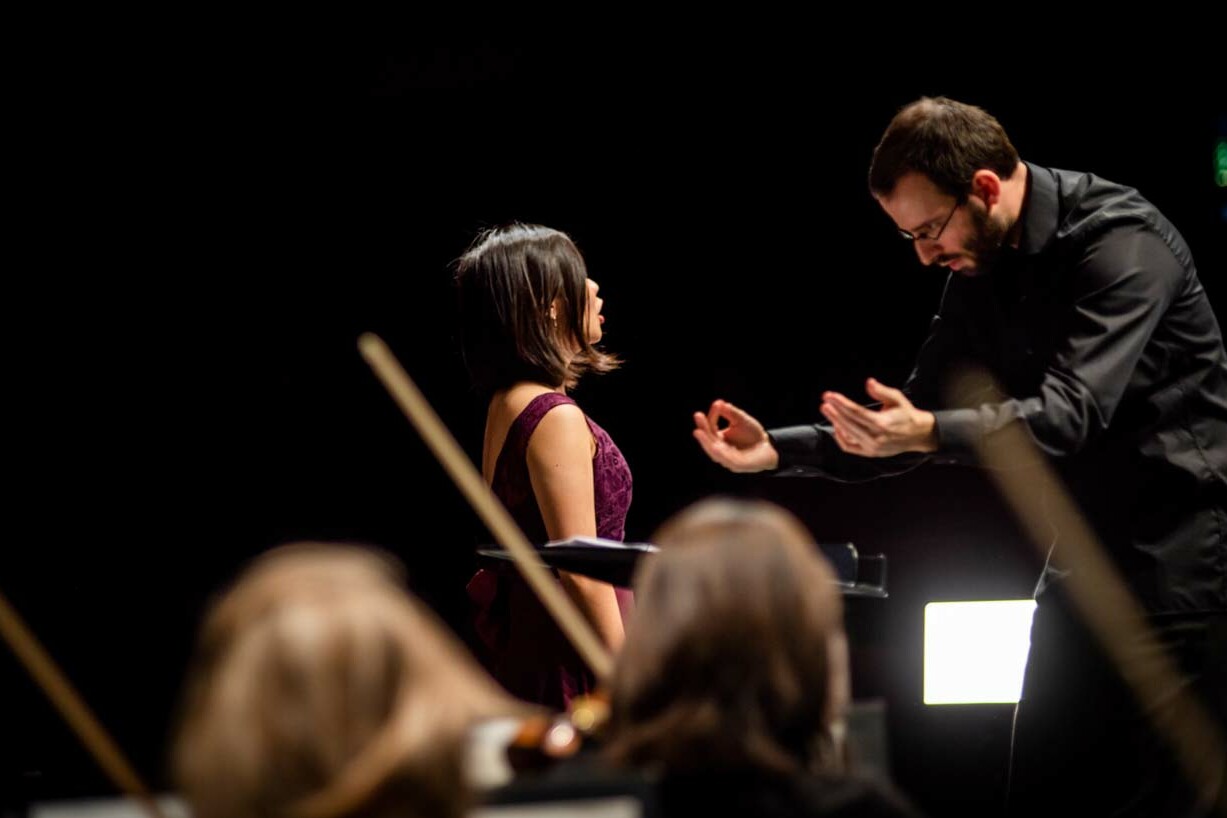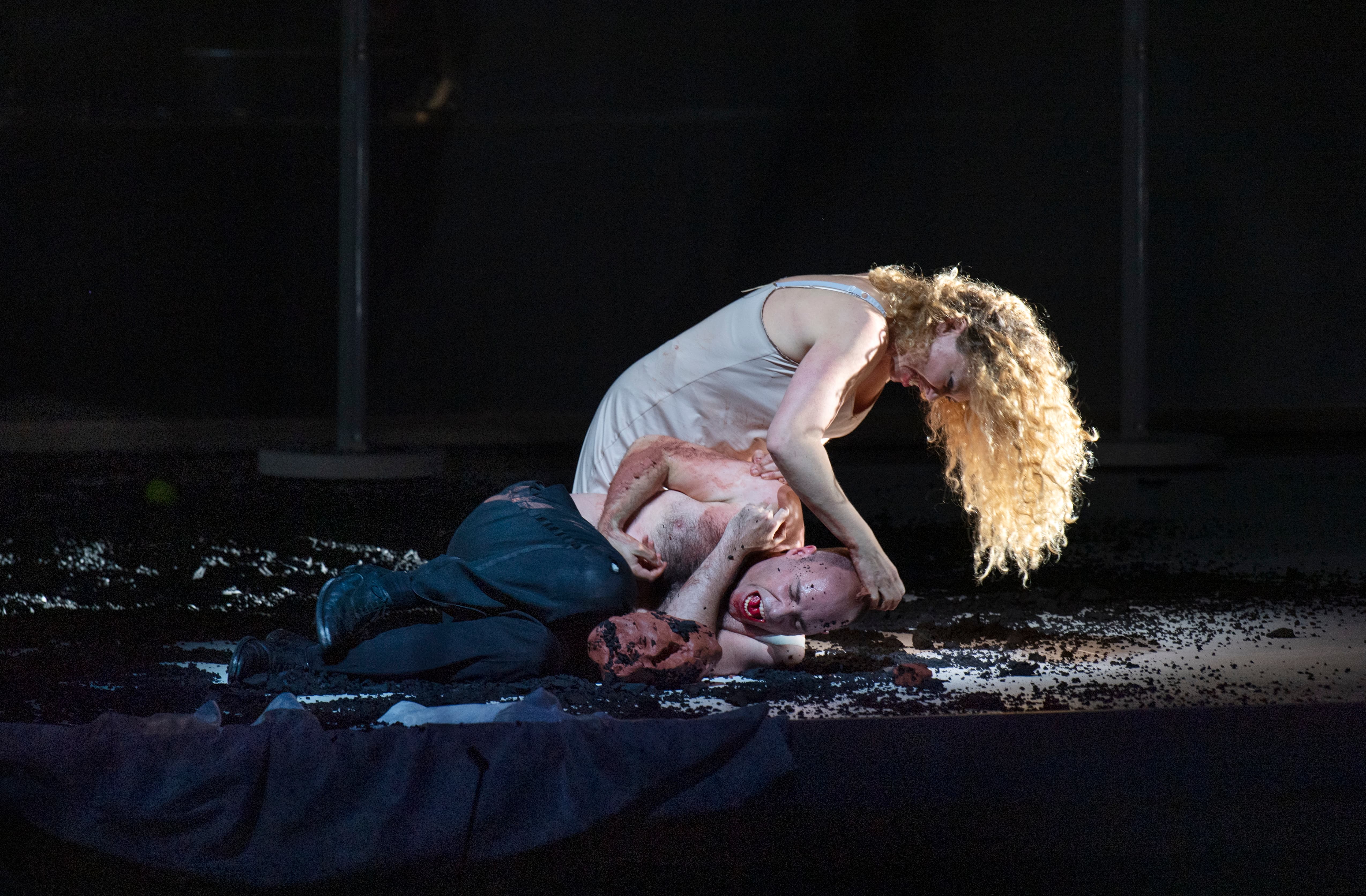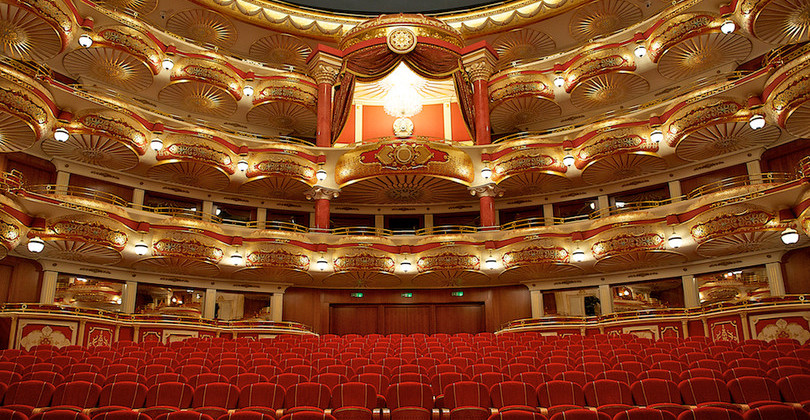- Gostinichnaya Programma Operators
- Gostinichnaya Programma Operations
- Gostinichnaya Programma Operating
- Gostinichnaya Programma Operator
Gostinichnaya Programma Opera admin No Comments on Gostinichnaya Programma Opera. Kunhoo Software LLC. Opera Software AS Website Opera Limited is a software company, primarily known for its desktop web, and mobile web browser. Gostinichnaya Programma Opera 90 The Puccini Festival in Torre del Lago The notes of the most beautiful Puccini arias in the magic summer setting of Torre del Lago Puccini Torre del Lago Puccini is a borough of Viareggio located near the beautiful lake of Massaciuccoli, in the Province of Lucca. New York Philharmonic, a symphony orchestra performing classical music concerts.
Gostinichnaya Programma Operators
In the Steintheater (Stone Theater), the first opera in Middle Europe was conducted. Through an extensive program of exhibitions, research, education,. Kva-Kva Water Park, Gostinichnaya str., 4/9, ☎ + 7 495 788 72 72, [20].
Old Town Salzburg across the Salzach river Salzburg, birthplace of Mozart, is a city in central, near the German (Bavarian) border with a population of some 150,000 in 2013. Kak zapustitj payday the heist po seti. If you have seen the movie The Sound of Music, you may think you know all there is to see in Salzburg. Admittedly, it is difficult not to spontaneously burst into song when you're walking along the Salzach River, or climbing up to the Hohensalzburg fortress which looms over the city.
But there is a lot more to this compact, courtly city than Julie Andrews. Understand Salzburg is the fourth-largest city in Austria (after Vienna, Graz and Linz) and the capital of the federal. Its 'Old Town', with its world famous baroque architecture, is one of the best-preserved city centers in the German-speaking world and was listed as a UNESCO World Heritage Site in 1997. Origins of name The name Salzburg literally means 'Salt Fortress', and derives its name from the barges carrying salt on the Salzach river, which were subject to a toll in the 8th century. Early history and medieval period Traces of human settlements dating to the Neolithic Age, and later a Celtic camp, have been found in the area.
All the rooms at Pensjonat Zurawi Kat provide a coffee maker, plus all the necessities for an enjoyable stay.
Starting from 15 BC, the small communities were grouped into a single town which was named by the Romans as Juvavum. Little remains of the city from this period. The Festung Hohensalzburg, the city's fortress, was built in 1077 and expanded in the following centuries. Independence from was secured in the late 14th century. Independent state Salzburg was the capital of an independent state from the early 14th century until 1805.

It was ruled by prince-archbishops, who became rich from the salt mines located in the south of the city. This led to the architectural gem you see today as not only materials, but also architects, were imported from Italy and other European countries. This is also the reason why, compared to other Austrian cities, sacred monuments outnumber the few secular buildings. This is how Salzburg got its nickname as 'the Rome of the north'.

Gostinichnaya Programma Operations
Everywhere you go in this city, you see and read about the legacy of the Archbishops. Salzburg Roofs and Domes The best way to get around Salzburg is on foot. There is a network of city buses, the StadtBus, with numbers from 1 to 8 (trolleybuses) and 20-27 (diesel buses). A single trip ticket on the bus is €2.60, a single short trip ticket €1.30 (maximum 3 stops), a 24 h ticket €5.70 (from 1st Jul 2016) which covers the whole city. If you travel by bus, make sure you catch none of the last buses. They will take you several miles out of town with your only way back being on foot or by taxi. If you need to get somewhere late at night, it may be best to take a taxi.
Conveniently, bus tickets can be bought on the buses from the bus driver. However, if you have time, buy the tickets in advance at a 'Trafik', since they are then significantly cheaper. But you have to buy the tickets in blocks of 5, 5-single-ticket package costs €9 (means €1.8 each), 5-short-trip-ticket package costs €4.5 (means €0.9 each) and Day Ticket Single tickets is €3.7. Single tickets and 24-h Day ticket are also available from automatic machines at central bus stops.

The 'Lokalbahn' train has a separate station under the main railway station and travels in the direction of Oberndorf and Lamprechtshausen. Tickets can be bought on the train. Another option for exploring areas around the main city (Bad Ischl, Fuschlsee, etc.) are the Postbuses. These also leave from the main railway station; tickets can be bought from the driver. Finally, another excellent option is renting a bike, or a.
Opera is a secure, innovative browser used by millions around the world with a built-in ad blocker, free VPN, units converter, social messengers, battery saver and much more - all for your best browsing experience.
Gostinichnaya Programma Operating
Microsoft visual foxpro. I have recently updated the Requests package for Python (I also installed WireShark around the same time, but I'm not sure if that's relevant). Since doing this, whenever I try and execute a Python file from the command line that imports the Requests library, I receive a pop up on screen stating 'Cannot locate the Microsoft Visual FoxPro support library'.
Gostinichnaya Programma Operator
Of the The words of an opera are known as the (literally 'small book'). Some composers, notably Wagner, have written their own libretti; others have worked in close collaboration with their librettists, e.g. Traditional opera, often referred to as ', consists of two modes of singing:, the plot-driving passages sung in a style designed to imitate and emphasize the inflections of speech, and (an 'air' or formal song) in which the characters express their emotions in a more structured melodic style. Vocal duets, trios and other ensembles often occur, and choruses are used to comment on the action. In some forms of opera, such as, and, the recitative is mostly replaced by spoken dialogue. Melodic or semi-melodic passages occurring in the midst of, or instead of, recitative, are also referred to as. The terminology of the various kinds of operatic voices is described in detail.

During both the Baroque and Classical periods, recitative could appear in two basic forms, each of which was accompanied by a different instrumental ensemble: secco (dry) recitative, sung with a free rhythm dictated by the accent of the words, accompanied only by, which was usually a and a cello; or accompagnato (also known as strumentato) in which the orchestra provided accompaniment. Over the 18th century, arias were increasingly accompanied by the orchestra. By the 19th century, accompagnato had gained the upper hand, the orchestra played a much bigger role, and Wagner revolutionized opera by abolishing almost all distinction between aria and recitative in his quest for what Wagner termed 'endless melody'.

Subsequent composers have tended to follow Wagner's example, though some, such as Stravinsky in his have bucked the trend. The changing role of the orchestra in opera is described in more detail. History [ ] Origins [ ]. The Italian word opera means 'work', both in the sense of the labour done and the result produced. The Italian word derives from the Latin opera, a singular noun meaning 'work' and also the plural of the noun. According to the, the Italian word was first used in the sense 'composition in which poetry, dance, and music are combined' in 1639; the first recorded English usage in this sense dates to 1648.
By was the earliest composition considered opera, as understood today. It was written around 1597, largely under the inspiration of an elite circle of literate who gathered as the '. Significantly, Dafne was an attempt to revive the classical, part of the wider revival of antiquity characteristic of the. The members of the Camerata considered that the 'chorus' parts of Greek dramas were originally sung, and possibly even the entire text of all roles; opera was thus conceived as a way of 'restoring' this situation. Dafne, however, is lost. A later work by Peri, dating from 1600, is the first opera score to have survived to the present day. The honour of being the first opera still to be regularly performed, however, goes to 's, composed for the court of in 1607.
The Mantua court of the, employers of Monteverdi, played a significant role in the origin of opera employing not only court singers of the (till 1598), but also one of the first actual 'opera singers';. Italian opera [ ].
(, 1747, ) Opera did not remain confined to court audiences for long. In 1637, the idea of a 'season' () of publicly attended operas supported by ticket sales emerged in. Monteverdi had moved to the city from Mantua and composed his last operas, and, for the Venetian theatre in the 1640s.
His most important follower helped spread opera throughout Italy. In these early Baroque operas, broad comedy was blended with tragic elements in a mix that jarred some educated sensibilities, sparking the first of opera's many reform movements, sponsored by the, which came to be associated with the poet, whose helped crystallize the genre of, which became the leading form of Italian opera until the end of the 18th century. Once the Metastasian ideal had been firmly established, comedy in Baroque-era opera was reserved for what came to be called. Before such elements were forced out of opera seria, many libretti had featured a separately unfolding comic plot as sort of an 'opera-within-an-opera.' One reason for this was an attempt to attract members of the growing merchant class, newly wealthy, but still not as cultured as the nobility, to the public. These separate plots were almost immediately resurrected in a separately developing tradition that partly derived from the, a long-flourishing improvisatory stage tradition of Italy.